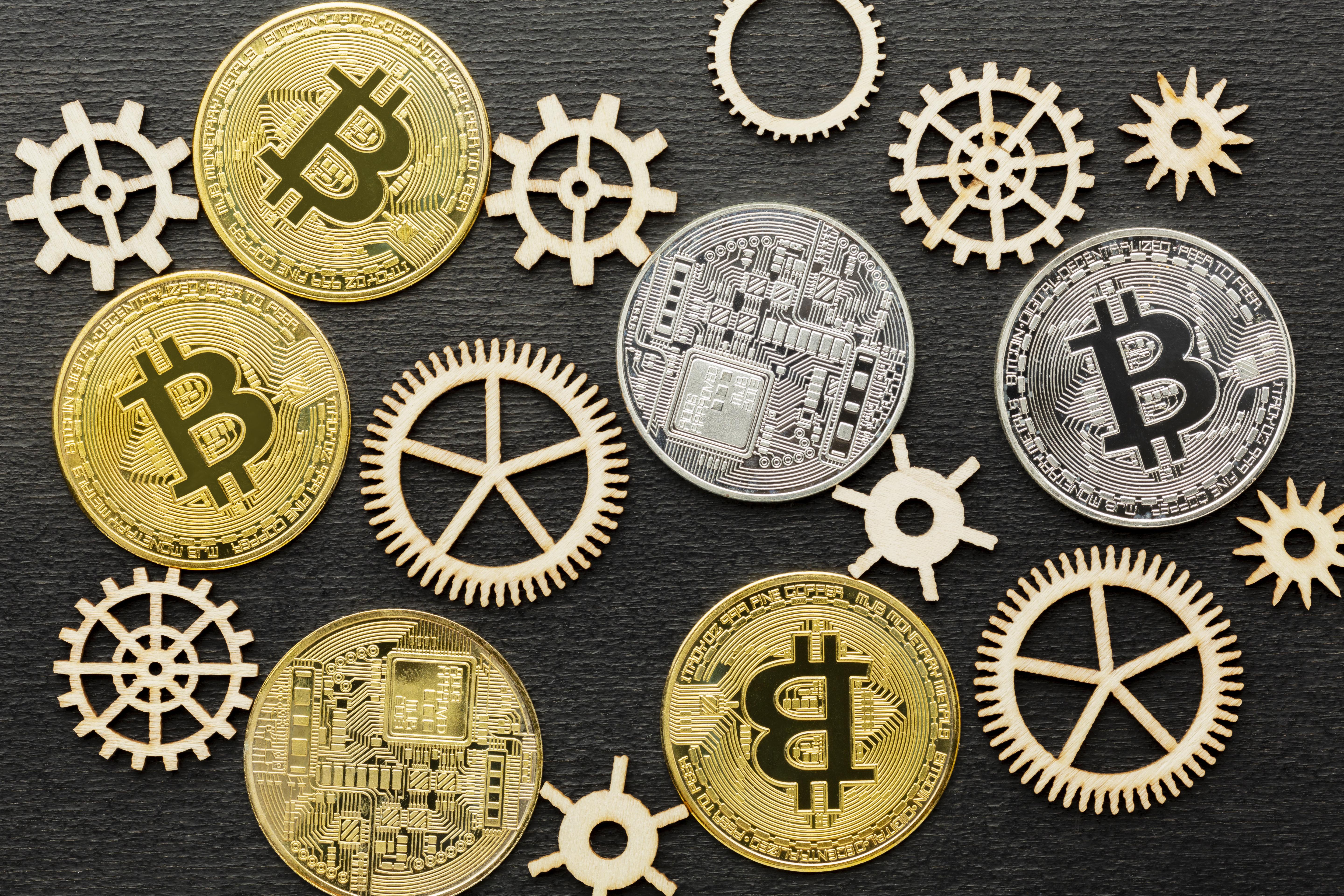Blog Details


The Role of NFTs in the Crypto Space: Beyond Digital Art.
Non-Fungible Tokens (NFTs) have captured widespread attention, largely due to their association with digital art and high-profile sales. However, NFTs are much more than just digital collectibles. They represent a transformative technology with the potential to impact various industries and applications. Let’s explore the diverse roles of NFTs beyond digital art.
1. Digital Ownership and Collectibles
While digital art is the most well-known application of NFTs, the concept of digital ownership extends to a wide range of collectibles. NFTs provide a way to verify ownership and provenance of unique digital items, from virtual trading cards to rare in-game items. This concept of ownership is applicable to:
- Virtual Real Estate: Platforms like Decentraland and The Sandbox allow users to buy, sell, and develop virtual land using NFTs, creating a new realm for digital property and development.
- Gaming Items: In-game assets, such as weapons, skins, and characters, can be tokenized as NFTs, giving players true ownership and the ability to trade these items across different games or platforms.
The inner sanctuary, I throw myself down among the tall grass by the trickling stream; and, as I lie close to the earth, a thousand unknown plants are noticed by me: when I hear the buzz of the little world among the stalks, and grow familiar with the countless indescribable forms of the insects and flies, then I feel the presence of the Almighty.
2. Intellectual Property and Licensing
NFTs offer innovative ways to manage and monetize intellectual property (IP). By tokenizing IP rights, creators can retain control over their work and streamline licensing processes. This has implications for:
- Music: Musicians can issue NFTs for album releases, concert tickets, or exclusive content, creating new revenue streams and direct fan engagement.
- Publishing: Authors and content creators can use NFTs to manage and sell digital rights, ensuring fair compensation and control over their works.
3. Identity and Certification
NFTs can serve as digital identity certificates, offering secure and verifiable proofs of identity and qualifications. This use case includes:
- Educational Credentials: Institutions can issue diplomas and certificates as NFTs, making it easy to verify and share educational achievements without the risk of fraud.
- Professional Credentials: Certifications, badges, and licenses in various fields can be tokenized, providing a reliable record of professional qualifications.
4. Virtual and Augmented Reality
NFTs have potential applications in virtual and augmented reality (VR and AR) environments. They can represent and manage digital assets within immersive spaces, such as:
- Virtual Goods: NFTs can be used to represent and trade virtual items within VR worlds, enhancing the experience of virtual environments.
- Augmented Assets: In AR applications, NFTs can manage digital overlays or assets that interact with the physical world, offering new experiences and functionalities.